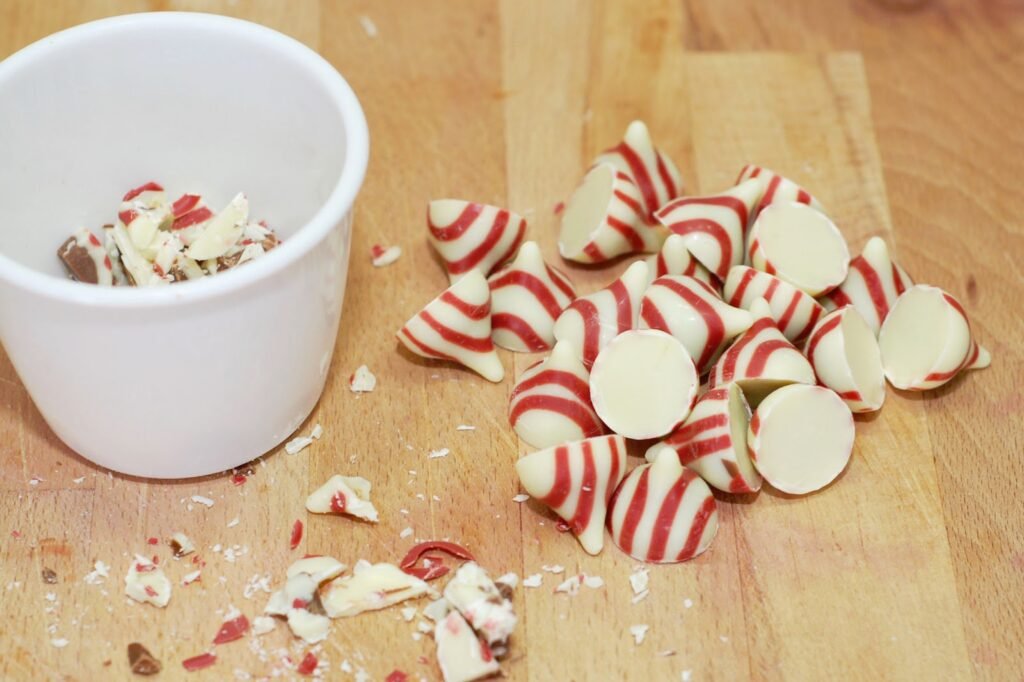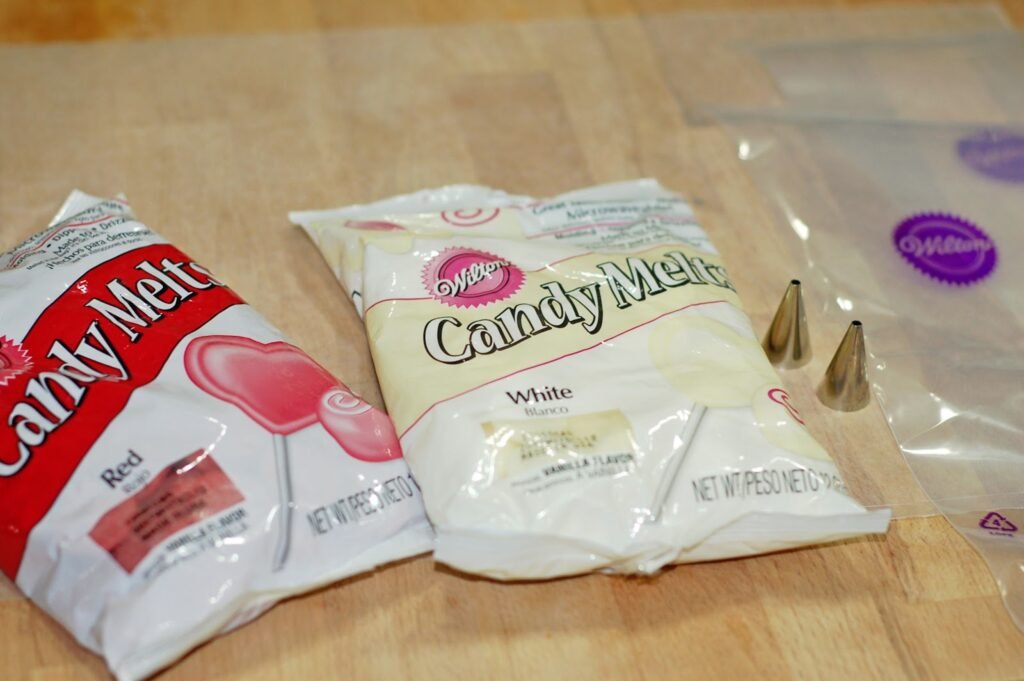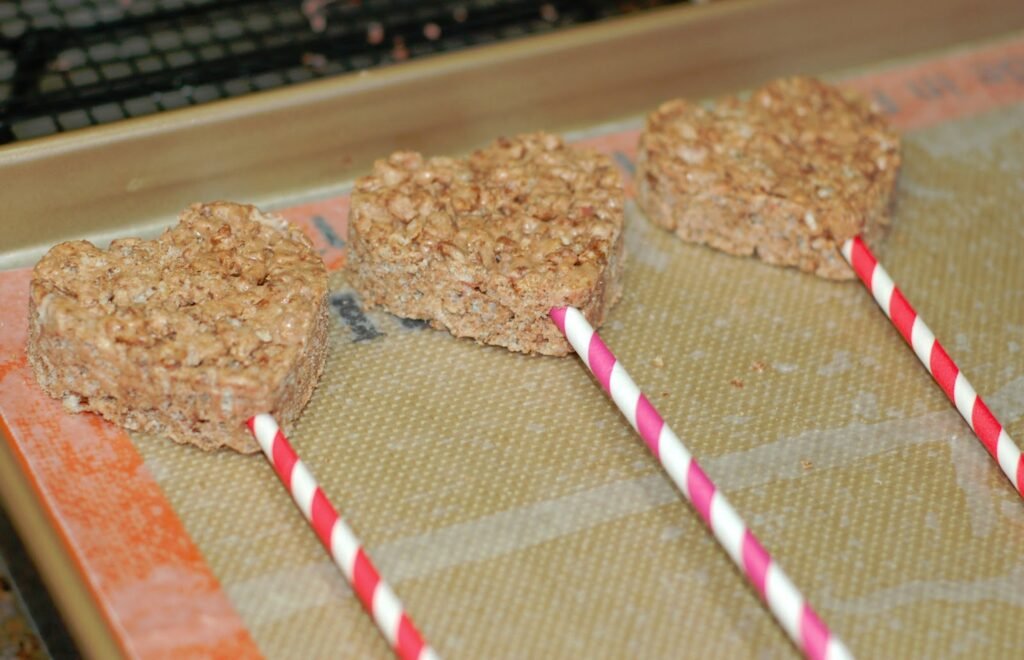Is Tea Acidic? 5 Non-acidic Alkaline Tea for You!
Is tea acidic? A vital question for avid tea drinkers. Well, the answer is a bit complex because people drink various types of tea. Also, the level of acidic ingredients in tea varies in the types of tea and the preparation style. So, the answer depends on your tea and how you make your tea.
We will see if tea is acidic or not in this write-up as well as how to reduce the acidity in your tea. Because tea is love!
Did you know? Tea was invented when the Chinese emperor Shen Nung servant was boiling some water and some tea leaves blew into the water from the tree! Later Shen Nung experimented and now we have TEA!
Why is tea acidic or alkaline?
If you are one of those crazy tea lovers then you may wonder hearing that tea is mildly acidic. Tea has a pH ranging from 4.9 to 5.5 that confirms its acidic nature. Tea is one of the daily needs for most of us and acidic components in tea may grab your attention easily.
The oxidation process inside the tea leaves makes the tea acidic. Oxidation means loss of one electron from the living tissue substances which can make the content easily acidic. So, the more mature the leaves, the more acidic contents will grow in tea.
The tea has other health benefits that belong to its organic acid content. There are some unique organic acids and also some common names. These organic acids help to produce anti-inflammatory properties to protect the digestive system.
- Succinic acid
- Citric acid
- Isocitric acid
- Malic acid
- Oxalic acid
These are some of the major organic acids present in tea. Tea contains a variable amount of organic acid depending on its type.

There are various types of tea present but some of the common names could be black tea, green tea, white tea and oolong tea.
Also Read: Are Onions Acidic or Basic? Avoid With Acid Reflux or Not
What makes tea acidic?
Tea leaves are not taken directly. They are cured and oxidized and then the color and flavor get released in the boiling/hot water. Tea is at a low level of acid until this point.
As soon as the duration of boiling increases for the tea to be stronger, the risk of GERD also broils. Raw tea is good too but additives like milk and sugar increase the pH value of the tea. The more additives, the more acidic.
It also depends on the type of water used in tea making. Tap water and filtered water may also impact the pH level based on the quality of the region.
Which tea is less acidic?
True tea that comes from camelia sinuses is more or less acidic. However, White tea is less acidic. Black tea tends to be high in acid since it is the most processed one. Green tea is quite similar to black tea while Oolong tea is low in pH.
| Tea Type | pH level | State |
| White Tea | 8-10 | Highly alkaline |
| Oolong tea | 5.5-7 | Close to neutral |
| Green Tea | 5.5 | Mild acidic |
| Black Tea | 4.9 – 5.5 | Mild acidic |
| Yellow Tea | 6.9-9.7 | alkaline |
| pu-erh tea | 5.01 – 5.72 | Mild acidic |
According to research herbal tea types have a low pH level. But fruit tea could be very acidic with a pH of 2.7 to 3.4. A lemon or apple tea could trigger your acid reflux while a sage tea can heal your GERD.
Acid-free tip: drink water after having fruit tea to increase salivary pH!
How to make non-acidic tea?
If you intend to make a cup of non-acidic tea, you have to start it from the shop. Buy a caffeine-free or low-caffeine tea. Too much caffeine can produce excessive hydrochloric acid that contributes to acid reflux.
Read the label of tea to know the level of caffeine in the tea. Choose a glass container to brew or prepare your tea instead of a metal or plastic to avoid additives.
Next up, take purified water for a non-acidic tea. While brewing the tea leaves or bag, do not over-steep. It is best to stop preparing your non-acidic tea. Because adding further ingredients like milk or sugar can make it acidic.
5 Non-acidic Alkaline Tea for You
| Tea | pH level |
| Ginger tea | 7 – 7.5 |
| Chamomile tea | 6 – 7 |
| Peppermint tea | 6 – 7 |
| Hibiscus tea | 6.5 – 6.8 |
| Chrysanthemum Flower Tea | 7 – 7.4 |
The type of tea you drink can have a big impact on how your body reacts to it. Some teas should be avoided if your goal is to improve or maintain healthy habits. Here are 5 non-acidic alkaline teas for you.
Ginger tea
Ginger helps reduce acid reflux, bloating, and dyspepsia. By easing the pressure in your lower esophageal sphincter, ginger helps empty trapped gas. If the pressure were not eased stomach acid flowed back into the food pipe. So, if you are troubled with stomach acid, grab a cup of ginger tea! Ginger tea also helps in morning sickness.
Chamomile tea
If you are feeling stressed and we know stress causes acid reflux in no time, try chamomile tea. Phytochemicals in chamomile tea help relax oxidative stress menstrual cramps and muscle pains. It also helps to heal inflammation and balance the pH levels in your body.
Peppermint tea
Peppermint tea contains menthol. Menthol helps to relax an upset stomach and irritable bowel syndrome and it also helps in constipation. It’s a great tonic for motion sickness, headaches, and nausea.
Hibiscus tea
The beautiful red hibiscus tea is an immense medicine for overall liver health. This tea keeps your cravings for sweet and fast food in check and your kidney from forming stones.
Chrysanthemum Flower Tea
Chrysanthemum Flower tea is a charming delicacy and a proper alkaline drink. This tea helps detox the liver. If you are trying to improve skin health and sleep, the chrysanthemum flower is a great go.
Benefits of tea
- Tea contains Minerals: Calcium Zinc Potassium Manganese
- Tea contains Vitamins: Thiamin (B1) Riboflavin (B2) Vitamin (B6) Folate Niacin Pantothenate Vitamin B12
- Anti-inflammatory quality of tea prevents viral diseases
- Antioxidants in tea protects body cells from free radicals
- Raw tea help to reduce body fat and cholesterol
- L-theanine in tea stimulates the brain for powerful performance

What tea should you avoid?
Trendy tea loaded with sugar and cream should be avoided.
Hyped beverages like bubble tea are full of sugar with no nutritional value and should be avoided. It is nothing but a package of carbohydrates that has a bad impact on health.
Beautifully decorated tea lattes are everywhere in various forms. These are full of sugar, cream, and caffeine that are bad for your body. Remember the more additives, the imbalanced pH level.
Detox tea for weight loss contains laxatives which can be harmful to your Health. Some herbs or spices in tea can cause allergic reactions. Some fruit tea like lemon tea, apple tea can cause a pH imbalance in your body.
Can you have tea with an alkaline diet?
The pH level in most tea is low, depending on stepping time. It also depends on the tea type and your tea consumption style. The more processed the tea, the increased level of pH in it. And the more cups of tea you take, the higher risk of acid reflux happens.
The alkaline ash diet is hyped for those suffering from acid reflux or tooth decay. It is about avoiding food that produces acid in the body. Taking alkaline foods such as fruits, veggies, and gluten-free can activate alkaline in the body that can fight off the acid. In some alkaline diets, experts restrict caffeine in the alkaline diet.
Ginger tea is a popular remedy for acid reflux that works. So, we can say that some tea might have high pH levels, but it depends on the processing and preparation. First, you need to know your body and your type of tea!
Is coffee or tea better?
It is tea!
Yes, even though you might not think of starting the day without the aroma of coffee, converting to tea will make your life better.
Nerve soothing vs nerve-wracking
Coffee can give you an instant power to activate your mind for better performance but the hangover is nerve-racking.
On the other note, tea soothes your nerves and makes you feel relaxed instead of hyped. If you have an anxiety disorder, you can prefer tea to coffee.
There is a core connection between GAD and GERD. Taking mild herbal tea is the best choice if you want to have soothing nerve and gut health.
Sleep on time vs sleepless nights
continuous consumption of coffee can steal your night’s sleep away. But if you are a tea drinker, you do not have to complain of insomnia.
A troubled sleep triggers acid reflux. So, it is your turn to select tea or coffee.
Being rich in antioxidants and antibiotic entities, tea, and coffee both are very healthy for your body. Keep your caffeine intake in your control and free of additives, there you go!
FAQs
Does tea increase blood pressure?
No, it doesn’t. In fact, one component called catechins in black and green tea helps reduce blood pressure. But, if you take too strong a cup of tea with milk and sugar, the higher caffeine and calorie can elevate your brain activity.
As a result, you might feel stressed and lack of sleep can elevate your BP.
Does milk cause acid reflux?
Excessive levels of fat present in dairy products can cause acid reflux. Low-fat milk is always on the safe side. Soya milk, nut milk, or coconut milk can be taken if dairy milk feels uncomfortable.
Do carbonated beverages reduce acid reflux?
Carbonated beverages or Soda is ironically considered a digestive drink in a sensitive stomach or after a meal. Everyone knows that soda will increase the acidity level yet people love to take an escape route from the discomfort of opening up soda cans.
The bubble or carbonation of soda creates pressure in the lower esophageal sphincter increasing the chances of acid reflux into the esophagus. Most sodas have pH levels of 2.5 to 3.5 which is highly acidic.
Can tea cause GERD?
There is a controversial association between GERD to tea consumption. However, among the Asian population, there is a significant report of GERD from tea consumption.
That may indicate the type of tea they take, their tea preparation style, and the amount of tea consumption.
Tea drinkers may often come with some clinical symptoms like acid reflux, heartburn, or stomachache. Caffeine can cause symptoms of GERD. Apart from caffeine, theophylline may also trigger acid reflux, abdominal pain, nausea, or diarrhea.
Upshot
Being concerned about health is a positive trend these days. People love to explore what’s bothering them instead of having remedies unknowingly.
The query ‘Is tea acidic?’ has opened the door for many more answers that you needed to know.
Was it helpful?
Chocolate Raspberry Rice Krispie Treats

I found these great new Hershey’s Raspberry Hugs at Target the other day. They are milk chocolate kisses hugged by a raspberry flavored white cream. Hmmm? Chocolate and raspberry? Why, yes I took a bag home. I was smart enough not to open the bag till I was ready to bake with them. As soon as it was open the little vultures that reside in my home were circling the kitchen waiting for me to throw them some. My two year old really liked them. He kept asking for more “chocoleelee”. That is what he calls chocolate. Most of his other words he enunciates very well, but it’s cute when he mispronounces some.

I was really happy with the way my Candy Cane Hot Chocolate Rice Krispie Treats came out with the Candy Cane Kisses, so I employed the same method. I used Cocoa Krispies and hot chocolate in the mix.

I just chopped up the Raspberry Hugs into small pieces with a knife. I might have eaten a few pre-cut ones.

I made some of the Rice Krispie Treats into bars and decorated them with Wilton’s red and white candy melt and sprinkled them with some cute little heart sprinkles I found in the $1 bins at Target.

But I also wanted to create something a little more festive to Valentine’s Day coming up. I pulled out my Wilton’s 3 inch heart cookie cutter and cut some of the treats into heart shapes.

And put them on some striped paper straws and decorated them with some red and white candy melt also. I used Wilton’s #5 tip to pipe in the outline and fill in, then I used a #2 tip to write the words.

This is great for a party at your kids school or just for your loved ones at home. A little something extra special is always nice to receive.

Chocolate Raspberry Rice Krispie Treats
by The Sweet Chick
Prep Time: 10-15 minutes
Cook Time: 5 minutes
Keywords: no bake dessert snack rice krispies hot chocolate Hershey’s Raspberry Hugs chocolate
Ingredients (24 bars)
For the treats
- 4 tablespoons butter
- 1 bag (10 oz.) mini marshmallows
- 1/2 cup hot chocolate mix
- 6 cups Cocoa Krispie Cereal
- 1 cup chopped, Hershey’s Raspberry Hugs
For the topping
- Wilton’s red candy melt
- Wilton’s white candy melt
- heart sprinkles
Instructions
For the treats
In a large sauce pan, melt butter and marshmallows over low heat. Stir until completely melted.
Remove from heat and add hot chocolate mix. Stir until completely mixed.
Then add the Cocoa Krispie cereal and chopped Raspberry Hugs. Mix until all is well incorporated.
Then pour the mixture into a greased 9 x 13 pan or a cookie sheet and spread it evenly with a piece of waxed paper.
Place in fridge to cool and set.
For the topping
Melt red and white candy melt according to instructions on package and drizzle over the cooled treats using Ziplock bags with the tips cut off or Wilton’s disposable decorating bags with a Wilton #5 cake decorating tip.
Then add sprinkles before the candy melt hardens.
Once candy melt has set, cut treats into squares and keep in an airtight container.
